 They are the modern versions of monster stories.
They are the modern versions of monster stories.
True Crime writers seek out such tales every day, finding them in two sentence-long police blotter blurbs, law enforcement sources lamenting the one that got away, or victims looking for justice. They pile on hours of research and interviews, building a case while crafting a narrative. But unlike campfire tales, these monster stories cannot be embellished. The tale must be told straight. And as you will read in this collection, no amount of creativity can rival the treachery and depravity of the non-fiction world.
This year's tales include two internet identity hoaxes ending in mental torture or tragedy. One traces the final steps of a civil rights pioneer who vanished almost 70 years ago. Another outlines a daughter's slavish devotion to her criminal mother. A G-man turned criminal. A serial killer brought to justice. A crack-maker turned cake baker. A monster who gets his due.
These are the stories of the darker side of American life, told in Village Voice Media's newspapers across the country.
—Compiled by VVM Staff
]
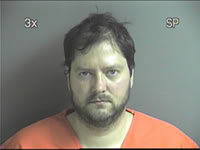
“Monster Next Door,” by Malcom Gay, is the tale of Michael J. Devlin, who kidnapped two boys, one of whom lived with him for an extended period of time.
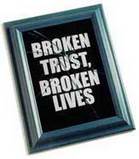
In “Broken Lives on Crystal Drive,” Keegan Hamilton learns the tale of Lori Drew, a 47-year-old woman who used a fake MySpace profile to mentally torture her teenage neighbor, Megan Meier, who wound up committing suicide.

Josh Olson describes a twisted story of internet love and betrayal “The Life and Death of Jesse James,” by Josh Olson.
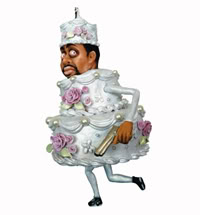
Sean Gardiner traces the story of crack maker turned cake baker Chaka Raysor in “The Fudgitive.”
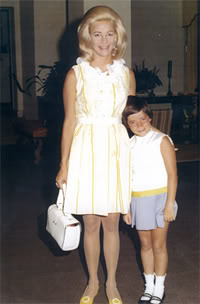
Rebecca Meiser chronicles Lisa Hall's slavish devotion to her criminal mother Joan in “Mother's Keeper.”
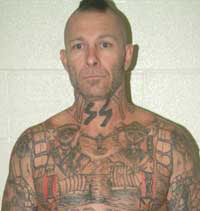
R. Scott Moxley documents a sensational gang murder trial that puts infamous Southern California criminal Billy Joe Johnson on the witness stand in “White Power with a Lisp.”

Kristen Hinman writes about pugnacious criminal defense attorney Frank “Tony” Fabbri, who ran afoul of the law in “Guilt-Edged.”
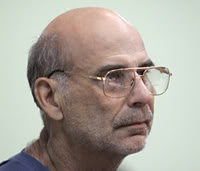
“The Babysitter Killer,” by Jared Klaus, finds the cops catching up, 30 years later in a Cleveland suburb, to serial child murderer Ted Lamborgine.
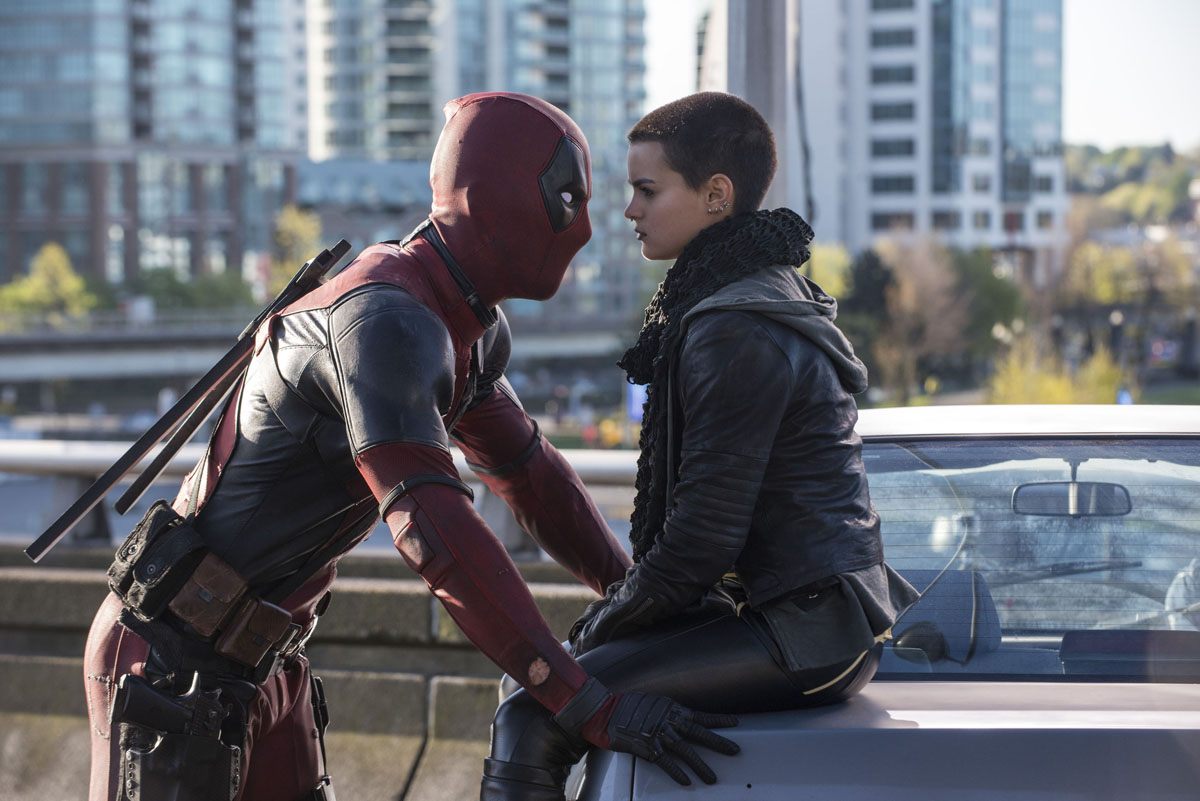
Chad Garrison's
“Dead Pool,” looks at civil attorney Lionel Sands' claim that his wife accidently drowned in their swimming pool.
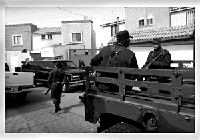
Jesse Hyde writes “House of Death,” about a dozen men who were tortured, killed and buried in a small house in Juarez as the U.S. government was listening.
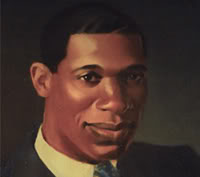
“The Mystery of Lloyd Gaines,” by Garrison, is the story of the St. Louis civil-rights pioneer who vanished without a trace almost 70 years ago.
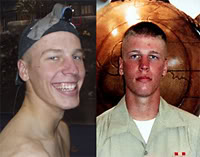
“An Uphill Battle,” by Adam Cayton-Holland, tells the story of Lance Hering, a soldier who doesn't want to go back to Iraq, so he enlists his buddy to help him drop off the grid.

Jared Klaus writes about prominent attorney Jack Morrison's snookering by master con artist Paul Monea in “Jailhouse Rock.”
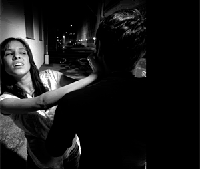 In
In
“Fashion Foul,” Glenna Whitley details how clothing designer Anand Jon prowled the country for fresh, young models. Many claim their encounters with him ended in rape.
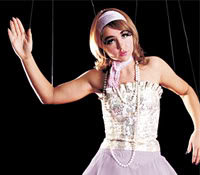
“High School Sexical,” by Deirdra Funcheon, tells the story of high school drama teacher Andrew Foster, who cops say controlled kids “in a fashion similar to that found in cults.”
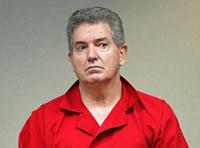
Tamara Lush writes “The G Man and the Snitch,” the tale of decorated FBI agent turned criminal John Connolly.
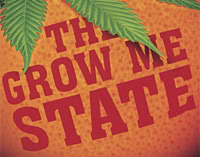
And Francisco Alvarado's “Marijuana Goes Upstate,” a piece about Florida moving into the number two spot when it comes to grow houses.

